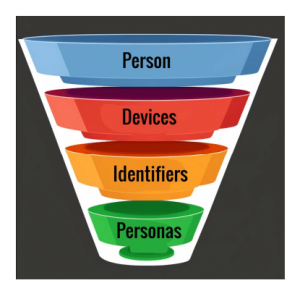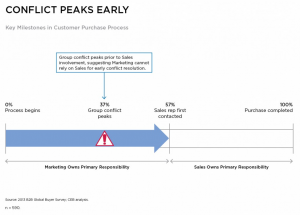68% of 18 to 24-year-olds expect brands to contribute to society, finds a survey of more than 11,000 young adults.
Gen Z — young adults currently ranging in age from 18 to 24-years-old — is a powerful consumer block. The group spends an estimated $143 billion a year and indirectly influences $333 billion in household spending annually, according to a Barkley report. That’s a lot of dollars up for grabs for brands who know how to connect with this audience.
To help advertisers understand what motivates Gen Z consumers, Facebook commissioned a survey by Crowd DNA, polling 11,300 people ages 18 to 24 from eleven different countries, including the U.S., UK, Australia, Germany, India and Nigeria.
More than half (52%) of the participants from the U.S. said they consider themselves to be “global citizens” — meaning they are aware of the world around them and realize their actions can have global consequences. That number was low compared to other countries like Australia where 90% of the survey participants identified as global citizens and 87% in Nigeria. (Only 40% in Germany identified as global citizens.) Of the eleven countries included in the study, six had more than 60% of Gen Zers identify as global citizens.
“This generation often puts aside its differences and rallies around causes that will benefit the greater good,” wrote Facebook. But, what does this mean for brands?
Gen Z wants brands to be socially conscious. Per the report, 68% of the survey participants expect brands to contribute to society, and 61% said they are willing to pay for more products that were produced in an ethical and sustainable way.
The Gen Z crowd’s expectations around social responsibility for brands go beyond sustainability issues. A separate study from Qualtrics found that 77% of Gen Z Facebook and Instagram users “feel more positive” about a brand when it promotes gender-equality themes on social platforms. “It’s not so much about representing women and men equally, but destroying our preconceptions of what it means to be male or female,” a 19-year-old female told Qualtrics.
In the Qualtrics report, only 45% of the 4,000 Gen Z users surveyed said they felt represented in ads — meaning more than half felt a disconnect with brands because of the lack of diversity in advertising. Seventy-one percent of the participants wanted more diversity in advertising. Brands are dismissing potential customers by not being more inclusive, the report concluded.
Gen Z wants a 1:1 dialogue with advertisers. The Crowd DNA survey found 60% of the Gen Z audience surveyed wished they could message more businesses.
Similarly, Gen Z social media users are open to brands posting in their online groups and communities. Ninety-one percent of 18 to 24 year-olds said they were open to auto brands posting in their online communities and 80% to CPG brands, according to a recent Facebook-commissioned Accenture survey.
Why we should care. Marketers must understand what motivates Gen Z consumers if they want to grab a portion of the $143 billion they’re spending — and the additional $333 billion dollars they influence. Advertisers who fear the risk of addressing socially-charged issues may be taking a bigger risk avoiding the very messaging that’s likely to attract younger audiences.
Also, it’s not enough to show up on the platforms younger audiences gravitate toward, like Snapchat which reports it reaches 90% of 13 to 24-year-olds in the U.S. Opening up direct communication channels on social platforms and messaging apps may take extra effort, but could put your brand ahead competitors that aren’t willing to make space for 1:1 conversations with younger consumers.
Marketing Land – Internet Marketing News, Strategies & Tips
(27)






